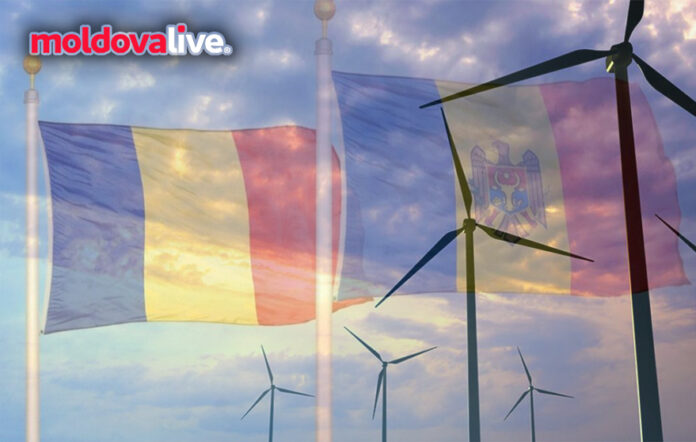Romania’s Energy Strategy 2025-2035, with a Perspective for 2050, emphasizes the imperative for Romania’s energy sector to consistently meet the Republic of Moldova’s energy demands under any circumstance. The strategy underscores Bucharest’s commitment to ensure Moldova’s energy security, citing Romania’s security as inherently linked to its neighbors across the Prut River.
However, the document acknowledges varying perspectives, noting instances where Romania exports energy to other states despite domestic shortages. The certain closure of production capacities necessitates increased electricity imports to bridge the gap. The strategy also recognizes significant challenges posed by market fluctuations and regional vulnerabilities exacerbated by the conflict in Ukraine and Romania’s strategic position on the EU’s eastern border.
The strategy outlines the necessity to build a resilient energy sector capable of swift and effective response to crises, ensuring continuous and secure energy supply. It emphasizes Romania’s goal to integrate Moldova’s electricity market into national and European frameworks, highlighting involvement in critical regional projects and initiatives, particularly those classified as Projects of Common Interest (PCI). Strengthening gas and electricity transmission infrastructure connections with Moldova and neighboring countries like Ukraine, Hungary, Bulgaria, Serbia, Azerbaijan, Georgia, Greece, and Turkey is pivotal.
FOR THE MOST IMPORTANT NEWS, FOLLOW US ON TWITTER!
Romania’s role as a guarantor of energy security in Moldova and the broader region heavily relies on the operations of national energy companies, in which the state holds stakes. These companies pursue ambitious development plans, including investments, modernization, and expansion into regional markets. TRANSGAZ, through its Moldovan subsidiary Vestmoldtransgaz SRL, assumed management of Moldova’s national natural gas transmission system starting in September 2023.
Addressing consumer concerns, the Romanian government advocates for smart metering systems (SMI) and dynamic pricing electricity contracts to empower consumers in optimizing their energy usage and reducing costs. Concurrently, measures by the Chisinau government aim to mitigate electricity expenses for Moldovan consumers.


